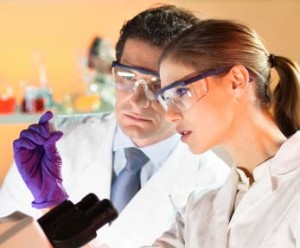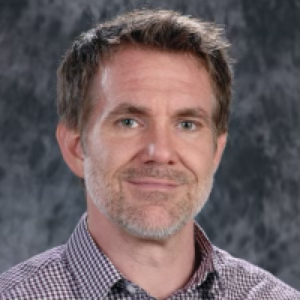New On MTS
Better Hearing, Better Speech Month – Expert Interview & Advocacy Guide
The American Speech-Language-Hearing Association (ASHA) hosts the annual Better Hearing, Better Speech Month each May. This annual event offers the public opportunities to learn about communication disorders and the treatment provided by audiologists and speech-language pathologists.
Pathologists’ Assistant (PathA)
Pathologists’ assistants have a deep understanding of human anatomy and diseases. Through education and training, they learned specialized clinical skills to assist in autopsies and examinations.
NAACLS-Accredited MLS/CLS Programs
Graduates from MLS and CLS bachelor’s degree programs can access rewarding positions in medical labs performing a broad range of tasks, including disease diagnosis and drug treatment research.
Experts Interviewed on MTS
Our writers have interviewed experts in every field covered on this site. Discover what to expect in medical technology careers from the people who know it best.






